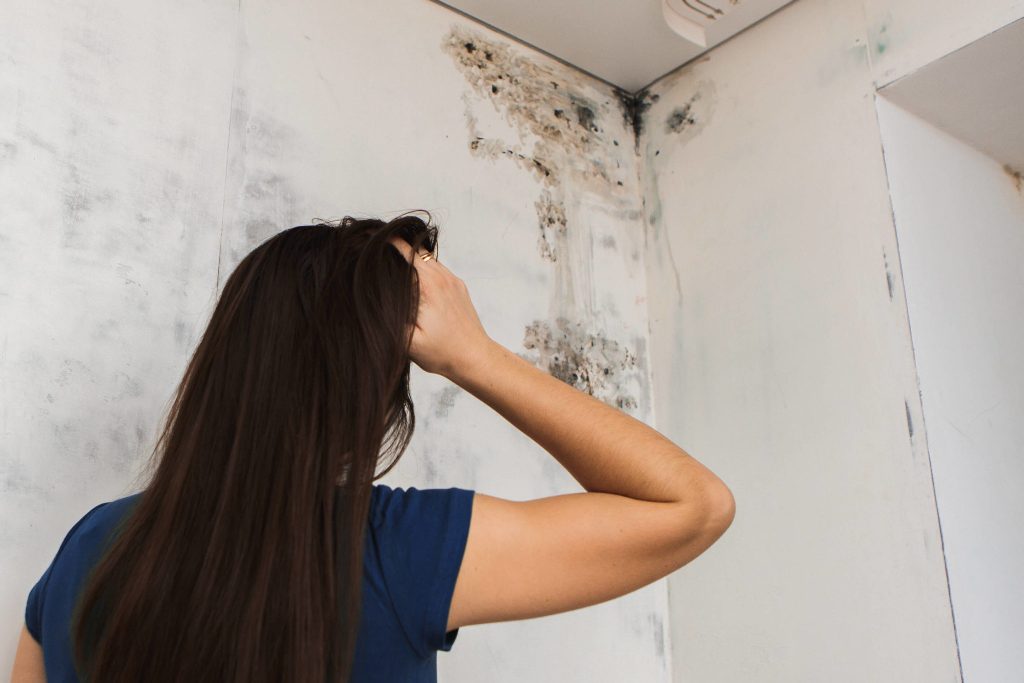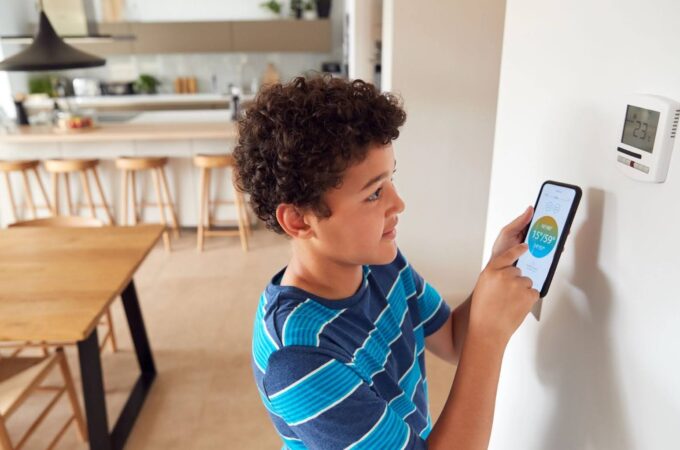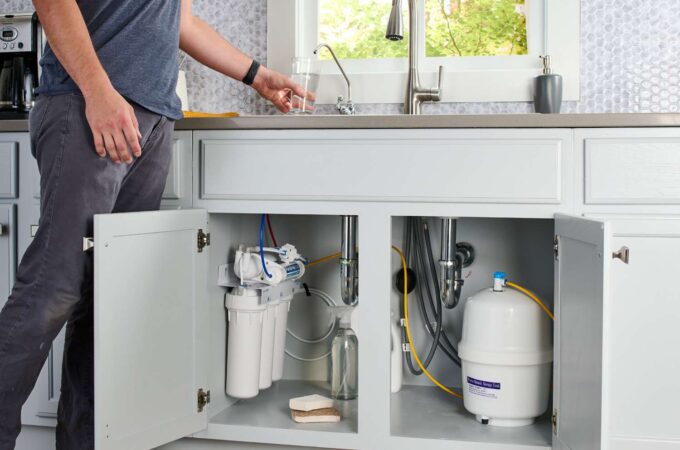
3 Ways Mold Can Affect Your Health
Mold is a form of fungus that’s composed of small organisms, and it’s found in many places, including homes. Mold comes in a variety of hues, such as black, green, and purple. Black mold is known to be the most dangerous mold type, as it produces toxins that may permanently harm human health. When any form of mold is present in a household, it needs to be removed, because it has the capacity to cause health issues which may be serious.
It May Trigger Asthma Attacks

If you have asthma, or someone in your house does, you should eliminate mold from your residence as soon as possible because mold has been known to trigger asthma attacks. If you’re a parent, you should know that the presence of household mold will double the risk of your child getting asthma, particularly if your child’s family medical history includes hay fever or asthma. Mold doesn’t have to be visible to be harmful. The scent of mold is often enough to cause problems that can trigger asthma flare-ups in all age groups, or exacerbate the development of asthma in kids.
When it comes to eliminating risk, mold removal (also known as mold remediation) is the only option. Since mold removal sometimes requires the usage of chemicals which aren’t holistic, it’s smart to prevent mold before it can trigger asthma problems. To prevent household mold the holistic way, ask a professional to install a dehumidifier in your home, as this appliance will remove excess moisture that promotes mold growth. You should also run a fan while you’re using the shower and utilize an exhaust fan while you’re cooking at your kitchen stove.
It May Reduce Lung Function
People who are exposed to mold may have reduced lung function, even if they don’t suffer from asthma, based on results from a Finnish scientific study. If you’ve noticed a moldy odor in your home, you are at risk for decreased lung function, as is anyone who spends time in your home.
Good lung function is important, as our lungs allow us to keep breathing. Our lungs also keep our other organs working. Babies, kids, and the elderly are especially vulnerable to respiratory problems linked with mold exposure. In addition, those with compromised immune systems, such as those with HIV or cancer, are at higher risk for mold-related lung health problems.
It May Cause Allergy Symptoms

Allergies may be mild, moderate, or severe and allergy symptoms are often caused by exposure to significant levels of household mold. If you’re experiencing an allergic reaction to mold, expect to have itchy eyes, as well as an itchy throat and nose. You may also find that your nose is stuffed or runs. Postnasal drip and coughing are other common symptoms of mold allergy.
You’re doing something great for your health when you remove existing household mold, or prevent it from flourishing in the first place. Doing this creates a holistic home environment that promotes whole body wellness. Don’t wait to address any home mold issues which may be negatively impacting your health.




